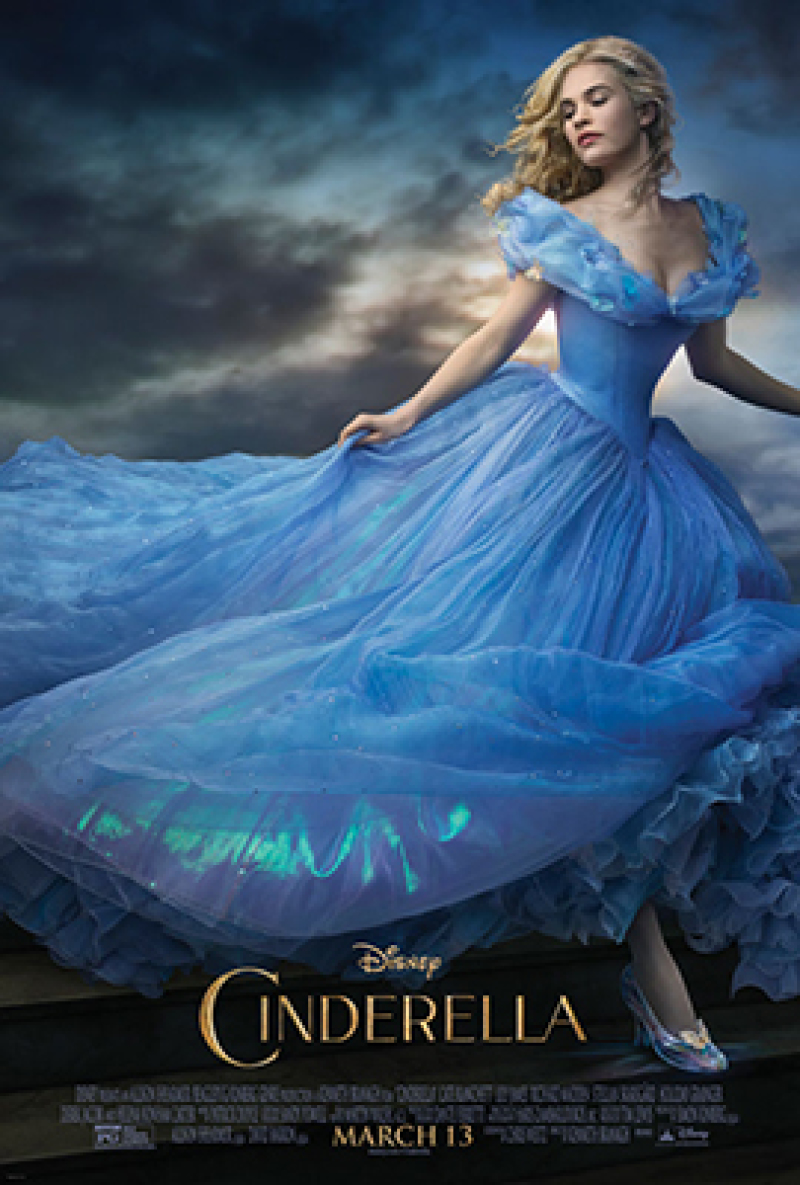
As Disney's live action movie Cinderella opened in several theatres all across the world, there are some critics who posted online spoofs about the movie and bashed Cinderella as being a "pushover." And while the jabs made on the new movie and its lead character might seem mean, some psychologists believe that they might have a point.
One of the spoofs is made by the "Honest Trailers" series on YouTube. "Revisit the animated classic that will cancel out all of the empowering things your daughter learned from Frozen," it says in the voiceover, "where girls are taught to be pushovers, do all the housework and that their problems will disappear if they're hot enough to land a rich husband."
It adds: "But everything will change when Cinderella meets her Fairy Godmother, a guardian angel who has waited years to improve Cinderella's life in any way, instead of helping her out when her parents died, or when her step family forced her into slavery. Thanks for the dress lady, but it would have been more helpful if you had bibbidi-bobbidi called child protective services like, eight years ago."
The segment has really been popular with over three million views since it was first posted on March 10.
There is also the "Cinderella vs. Belle: Princess Rap Battle," on YouTube starring Sarah Michelle Gellar and comedian Whitney Avalon, which has gained over seven million views.
Belle's character blasts Cinderella: "I'm the smart female heroine that can't be ignored. The moral of our quarrel and why I've got you beat, it's what's inside that matters."
Psychotherapist Amy Morin, author of the book 13 Things Mentally Strong People Don't Do says that the comments made by the videos actually make a lot of sense.
"Depicting a female who appears utterly helpless until a male swoops in and rescues her from all of her troubles sends a troubling message," she tells Yahoo Parenting. "Girls may learn, 'I can't solve my problems, but a boy could.' It's much healthier for girls to recognize their own problem-solving skills, rather than look to boys as the solution."
She warned parents that kids learn about themselves and other people based on the things they see and hear, so movies have a lot of power of shaping their views. "Movies that depict certain stereotypes can cause children to see the world in a certain way. Even subtle messages in the media can alter the way kids think and behave," she said.


















